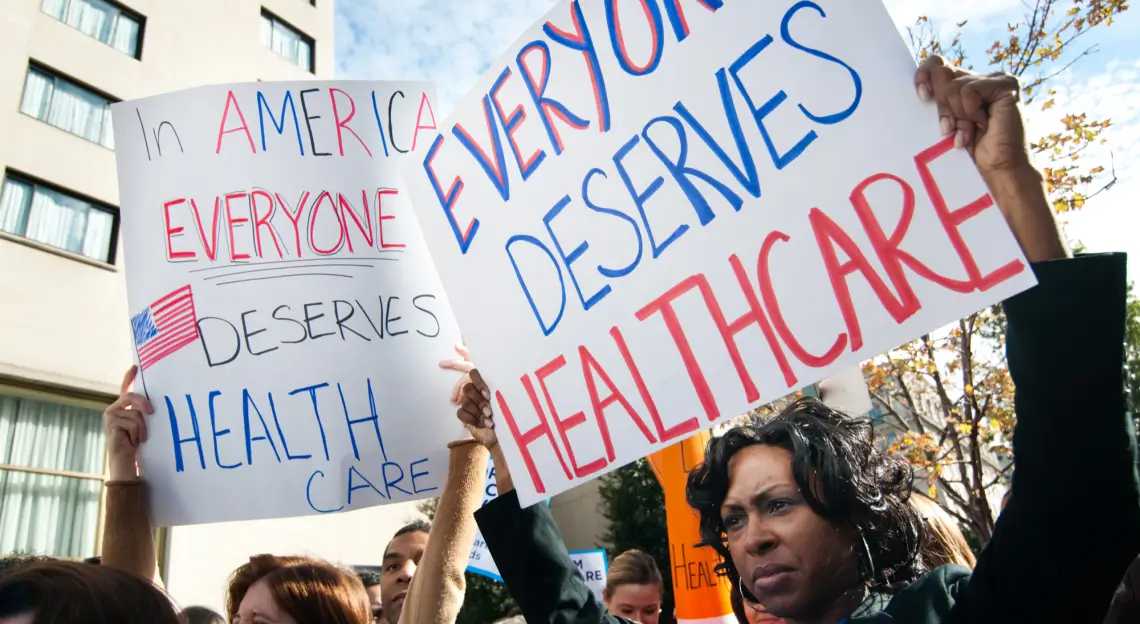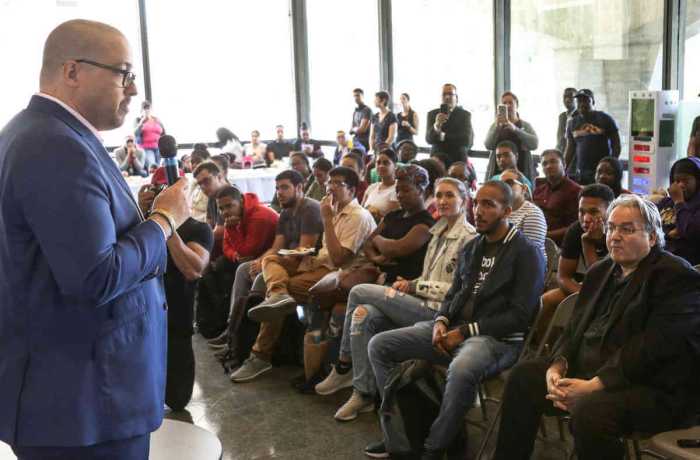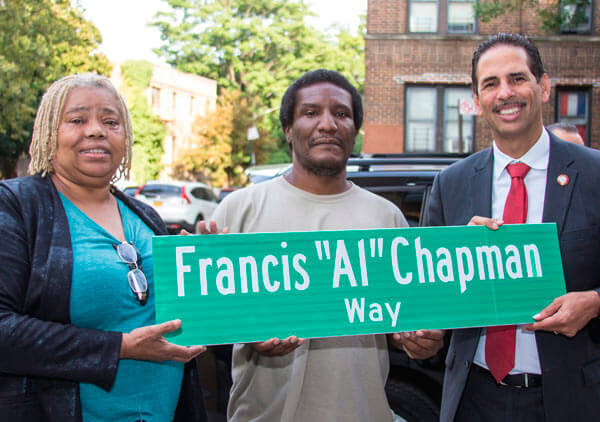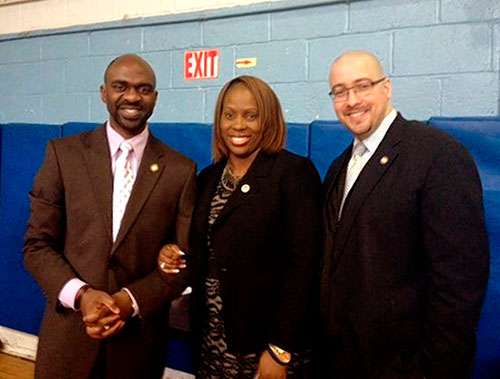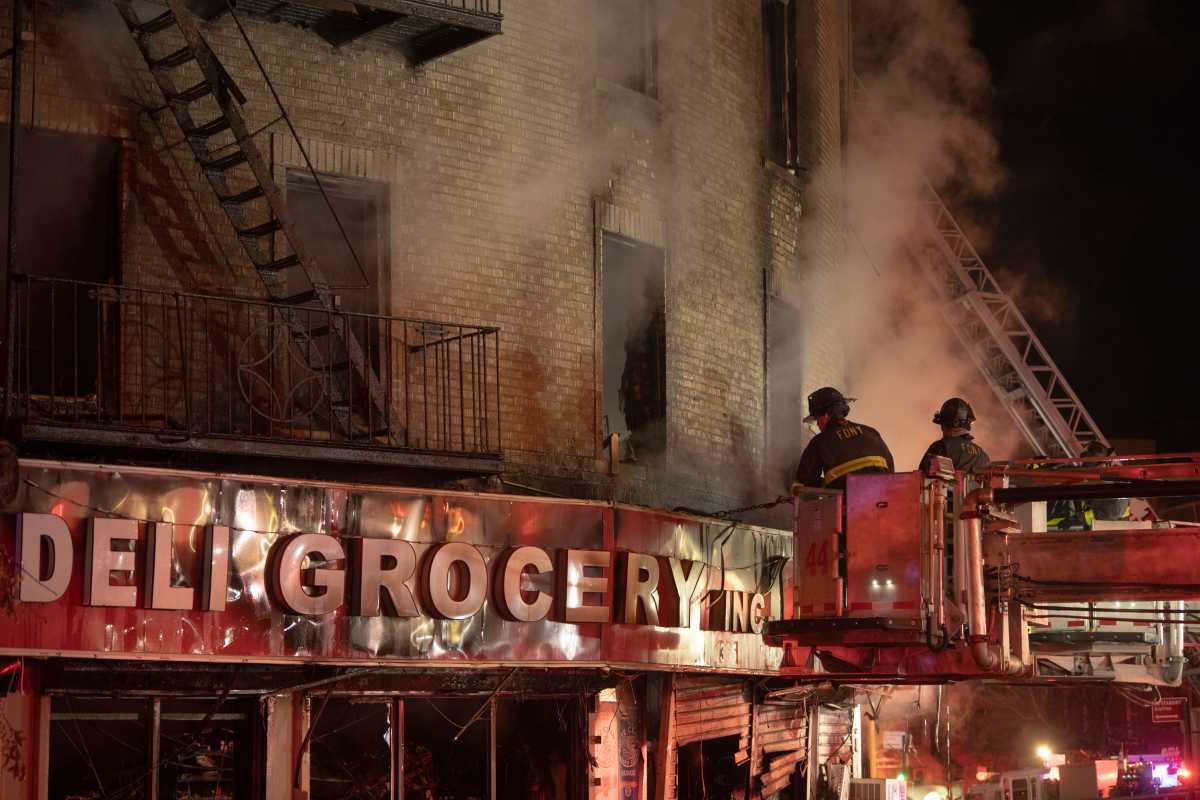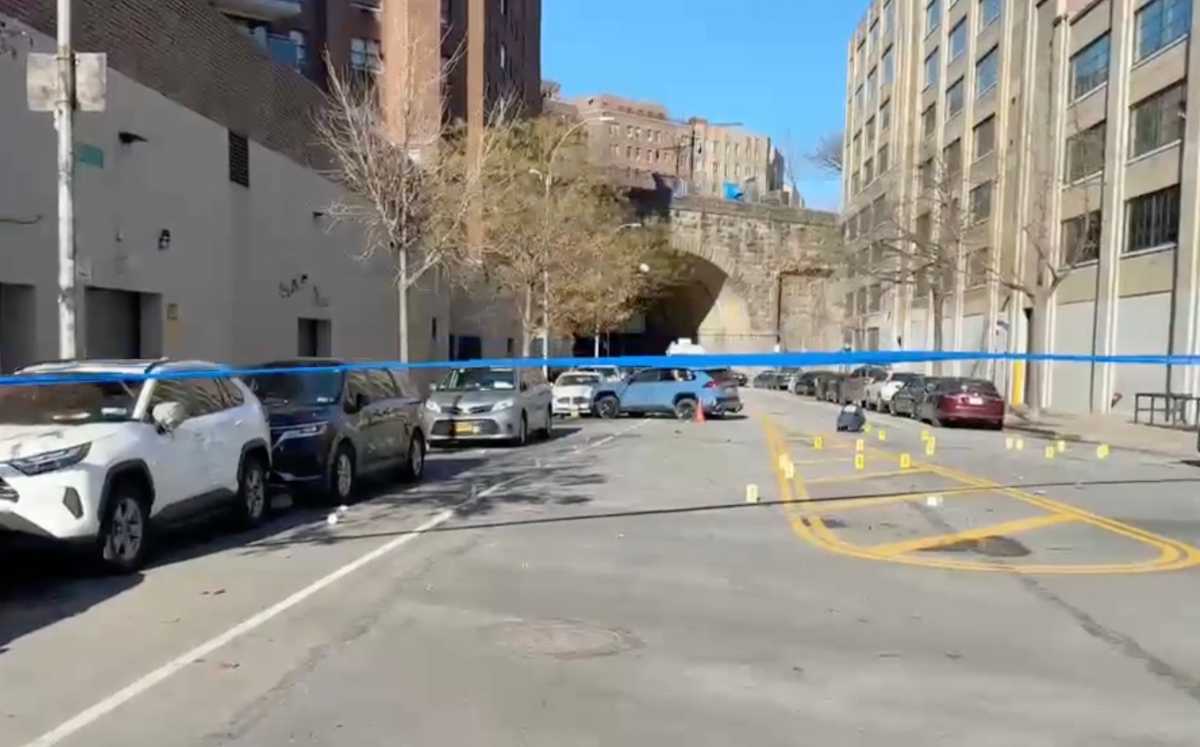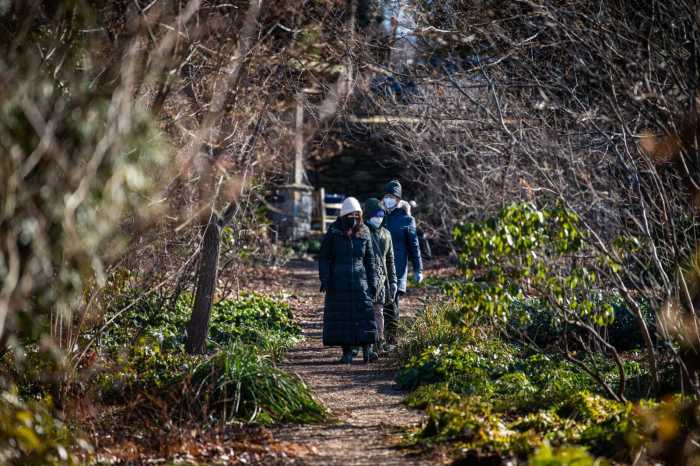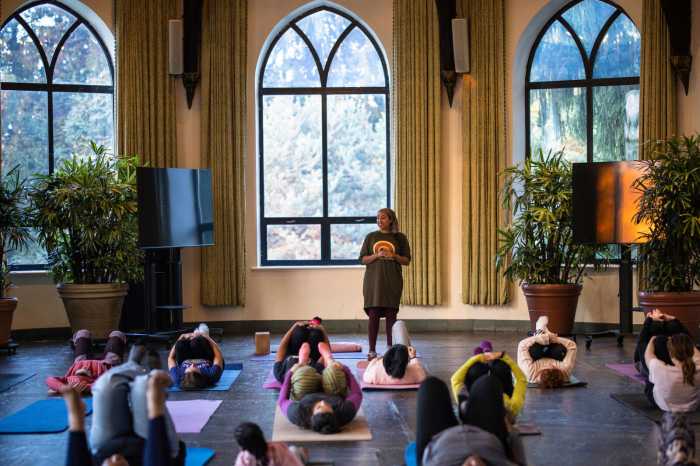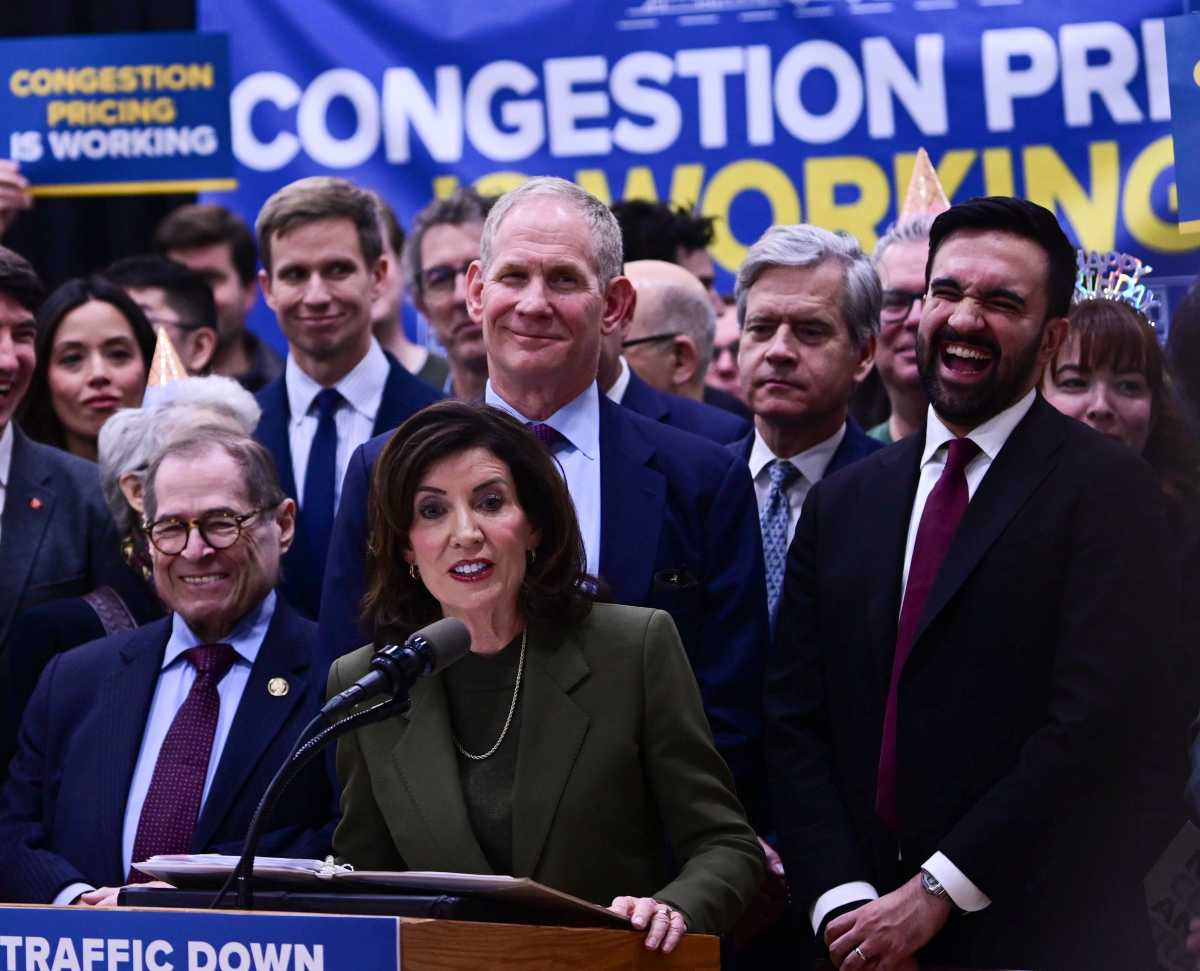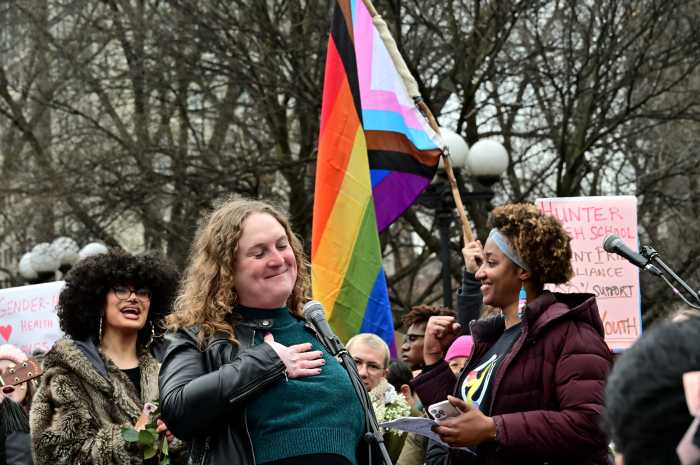As members of New York’s State Assembly reconvene for legislative duty on June 20, state Sen. Gustavo Rivera hopes his Coverage For All proposal — which passed the Senate and needs 76 votes for passage in the Assembly — crosses the finish line.
Coverage For All seeks to expand health coverage for all low-income New Yorkers, including undocumented noncitizens, through use of federal funds. Rivera, a leading progressive in the state and the Senate’s health committee chair, calls the bill a “common sense” public health measure that could improve health outcomes for the Bronx, and its myriad of immigrant and low-income communities.
Advocates say the bill will provide coverage for more than 240,000 undocumented immigrants in the state, allowing them to enroll in New York State’s Essential Plan that gives low-income New Yorkers access to health insurance.
Immigrants make up roughly 37% of the Bronx’s total population, according to most recent census data.
“There are many barriers facing Bronxites seeking affordable healthcare that contribute to poor health outcomes, including fear of cost and limited preventive care options. When it comes to our borough’s large immigrant population, there aren’t any affordable healthcare coverage options, which forces folks to choose between paying out of pocket or delaying care until there’s an emergency,” said Rivera, who represents the sections of Kingsbridge and Fordham, among others in the state’s 33rd Senatorial District. “It is essential that the Legislature pass Coverage For All to expand healthcare coverage to those who need it while providing fiscal support to our healthcare system.”
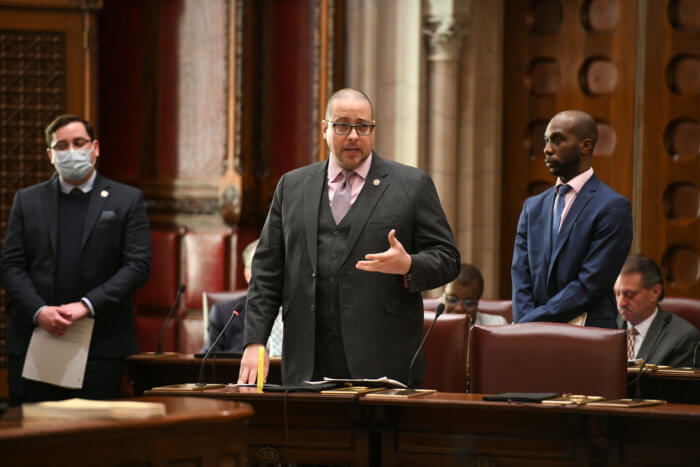
New York is one of a few states in the nation that have made progress to expand Medicaid coverage and health insurance to undocumented immigrants. The impetus behind these legislative steps in states such as California and Illinois, advocates say, is to increase health access to noncitizens and eliminate social and financial gaps preventing these groups of seeking adequate care.
The state Senate voted 41-21 in favor of the Coverage for All bill.
The Bronx is both one of the most ethnically diverse urban areas in the U.S. and also the least healthy of New York’s 62 counties. The COVID-19 pandemic exacerbated poor health outcomes for Bronxites in each corridor of the borough as rates of chronic diseases such as asthma, diabetes, hypertension, obesity, and tobacco use disorder are among the highest in the state.
Undocumented immigrants experience several barriers to accessing health care, and their immigration status provides the starkest barrier, making them ineligible for most public health insurance programs except emergency services, according to public health researchers.
Depending on their residency, some undocumented immigrants are less likely to access health services, are less able to comply with health providers’ recommendations and experience higher levels of depressive symptoms and anxiety than their documented counterparts.
And lack of insurance, advocates and uninsured Bronxites told the Bronx Times, has prevented some residents from pursuing preventative health measures, receiving continual care for prolong illnesses and putting off necessary medical surgeries in lieu of incurring out-of-pocket medical expenses and bills.
“Currently, many uninsured immigrant New Yorkers are forced to forgo seeking necessary care, which can prolong illness and suffering, risk death, and cause them to incur medical bills that cannot be paid,” said Melinda Elias, the director of Healthy Communities, New York Immigration Coalition. “Throughout the pandemic, we have seen infection and death disproportionately afflict immigrant communities of color, especially in the Bronx where widespread preexisting conditions like asthma and diabetes can further exacerbate the effects of COVID-19.”
Rivera told the Bronx Times that the state has received clear guidance from the federal government to utilize State Innovation Waiver funding, also called a 1332 waiver, to expand health coverage to eligible undocumented New Yorkers at no cost to the state. States can use the 1332 waiver authority to bolster fragile insurance markets, address unique state insurance market issues, or experiment with alternative models of providing coverage to state residents.
According to a few of the state’s Assemblymembers tasked with voting on Coverage For All next week, the no-cost implementation provided by the 1332 makes it bill “a no-brainer.” However, some Republicans in the state legislature have opposed expanding health care access to undocumented immigrants.
“Passing Coverage for All through the Legislature is essential because it would ensure uninsured New Yorkers could proactively take care of their health without having to rely solely on the emergency room, while potentially saving New York millions in the long-term,” said Rivera, who said his ultimate goal is to pass the single-payer New York Health Act. “Every New Yorker deserves guaranteed care, and this common sense public health proposal will move the needle towards that goal.”
The U.S. is the only industrialized country that doesn’t have universal health coverage, despite its health care spending outpacing other high-income countries on a per person and share of the GDP scale.
Additionally, the U.S. has the lowest life expectancy at birth in the world, as well as the highest death rates for avoidable or treatable conditions, the highest maternal and infant mortality, and among the highest suicide rates.

